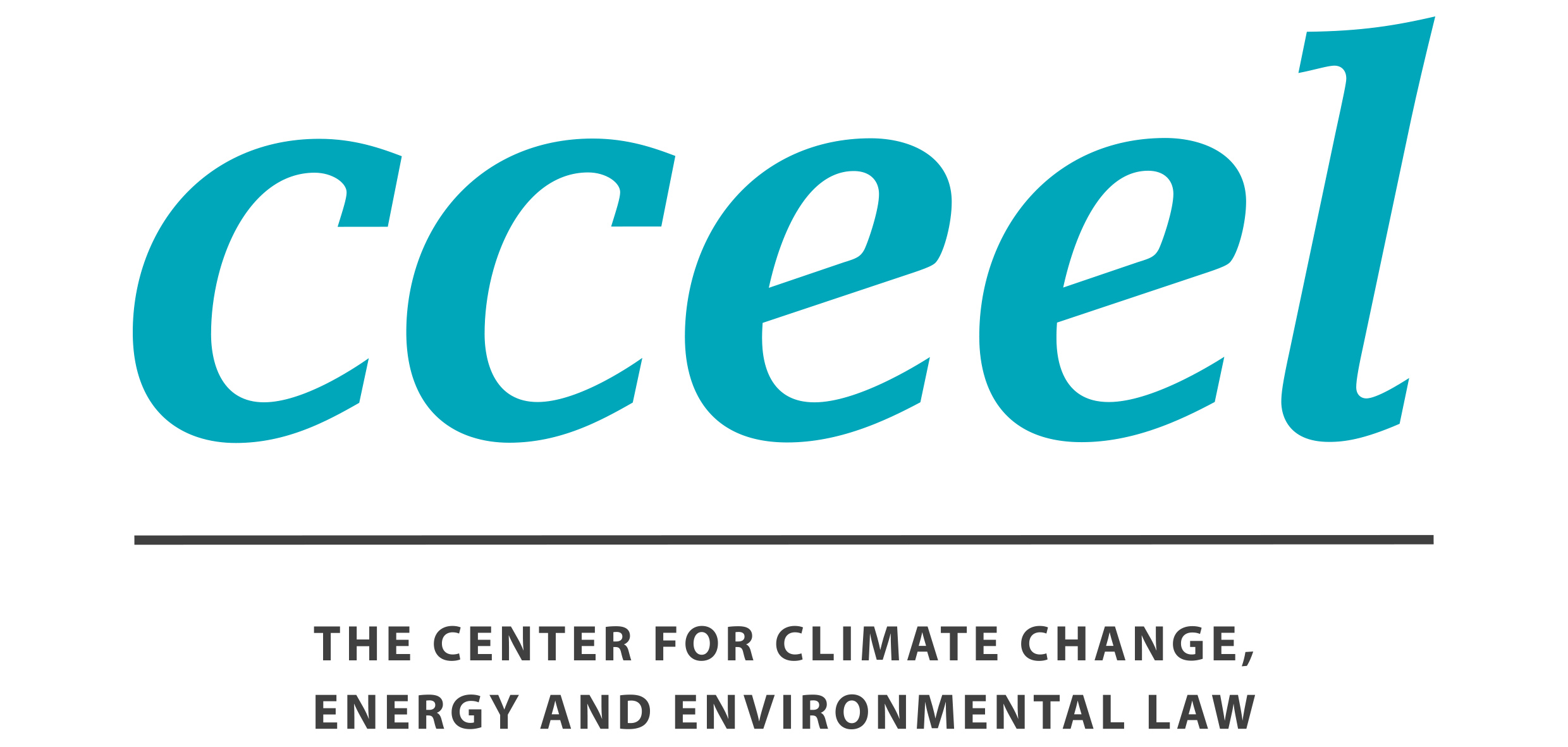The ICJ Advisory Opinion on Climate Change: December 2024 Hearings
By Eugenia Recio, Post-doctoral Researcher Photo by Rafael Ishkhanyan on Unsplash The International Court of Justice (ICJ) is set to play a significant role in the legal response to climate change. The United Nations General Assembly (UNGA) resolution spearheaded by Vanuatu and supported by over 100 countries, requested the ICJ to provide an advisory opinion […]
Designing a Sustainable European Hydrogen Market
By Sébastien Noël, PhD Researcher Photo: ©AdobeStock scharfsinn86/AA+W Shortly after the Paris Agreement entered into force, several governments, including the EU, announced their national hydrogen strategies, favouring hydrogen as a promising fuel for the energy transition. Yet, some questions need to be addressed with regard to the importance of hydrogen for the energy transition. In […]
COP29 and Its Implications for Carbon Capture and Storage Technology
By Reza Maddahi, PhD Researcher The 29th Conference of the Parties (COP29) to the United Nations Framework Convention on Climate Change (UNFCCC) concluded in November 2024 in Baku, Azerbaijan. Billed as a ‘technical COP’, this conference focused primarily on solidifying financial mechanisms and technical rules within the Paris Agreement framework. Key outcomes included the establishment of the ‘new collective quantified goal’ […]
Designing Climate Clubs in Harmony with the Principle of Common but Differentiated Responsibilities and Respective Capabilities
By Catherine Hall, PhD Researcher Despite some notable successes and progress, the UN climate regime has been unable to stem the flow of global greenhouse gas emissions at the speed and scale needed to avoid dangerous climate change. The latest Emissions Gap Report reveals a particularly sobering reality. If countries fail to deliver stronger ambition […]
Corporate climate (un)accountability? Landmark Shell ruling overturned on appeal
by Harro van Asselt* and Annalisa Savaresi** First published in Centre for Climate Engagement (November 13, 2024). Shell’s ongoing legal battle over climate accountability reached a pivotal moment on 12 November 2024, as the Hague Court of Appeal delivered its verdict on the company’s appeal. This case has drawn global attention since the initial 2021 […]
Does civil society have a voice in EU climate negotiation preparation?
Writer: Tuula Honkonen, Senior Lecturer in international law at the University of Eastern Finland. First published in 2035Legitimacy blog (November 7, 2024). The European Union is strongly committed to transparent and participatory governance. However, preparation of its position for international climate negotiations is not transparent or open to civil society participation. Behind the Scenes: The […]
Towards a More Representative and Equitable COP? UNFCCC Continues Efforts to Improve Observer Participation in Baku
By: Nicola Sharman, PhD Researcher at the University of Eastern Finland. This blogpost was first published 2035Legitimacy blog (October 17, 2024). From November 11 to 22, government delegations and other stakeholders will gather in Baku, Azerbaijan for COP29 of the United Nations Framework Convention on Climate Change (UNFCCC). But the UNFCCC has been struggling to […]
People around the World are Using Courts to Question whether Climate Policies are Fair – new study
Authors: Annalisa Savaresi, Senior Lecturer, Environmental Law, University of Stirling Joana Setzer, Associate Professorial Research Fellow, Grantham Research Institute on Climate Change and the Environment, London School of Economics and Political Science First published in The Conversation (October 22, 2024). London, October 2024: trade unions call for a just transition for oil and gas workers. Vuk […]
Carbon Capture and Utilization under EU Law: A Step Towards Carbon Neutrality
By Reza Maddahi, PhD Researcher Source: International Association of Oil and Gas Producers (2022) The European Union (EU) is on a complex journey to achieve carbon neutrality by 2050. Among the strategies being employed, carbon capture and utilization (CCU) has become a crucial approach alongside carbon capture and storage (CCS). Both technologies play a significant […]
Democracy and Deliberation in the UNFCCC
By Tuomas Palosaari, Lecturer Democracy and the International System People living in democracies have ways to influence and follow public decision-making that affects their lives. International decision-making is problematic in this regard. The ‘chain of legitimacy’ imagined as extending from the people to the public decision-makers is convoluted when applied to international decision-making. In democracies […]
